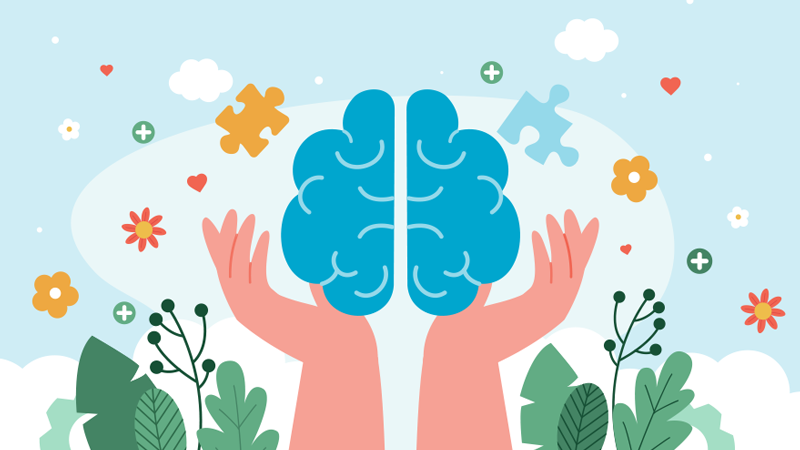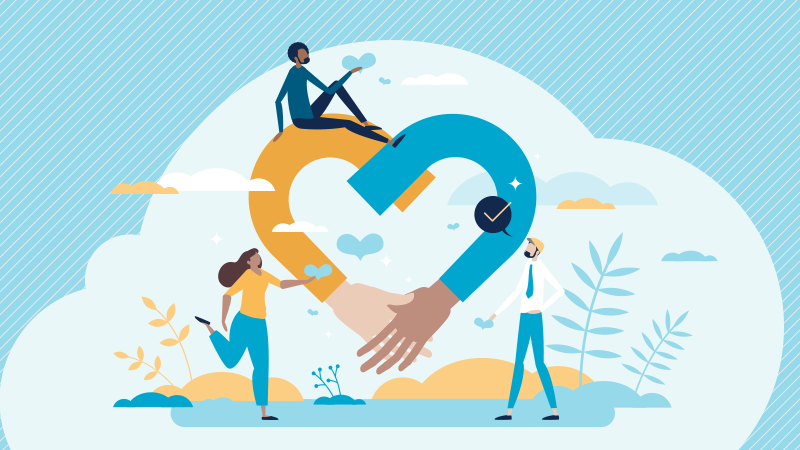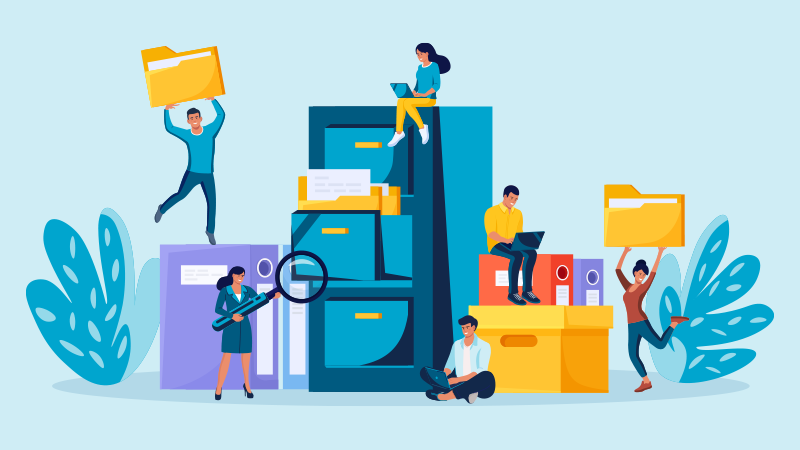
Before you read any further, take two minutes to close your eyes and imagine a place where you feel calm, safe, and balanced. Make this image rich with details from all of your senses.
What do you see?
What is the temperature?
What sounds do you notice in this space?
Are there any smells?
How do you feel in this environment?
Since this is your imagined space, what can you add to make it even more serene?
Go ahead—I’ll wait…
Welcome back, and congratulations! You’ve just taken a mini mental health break. We’ve just begun a new month—one full of beautiful weather and warm temperatures. May is also Mental Health Awareness Month, recognized since 1949. It was created to destigmatize mental health and recovery. The above activity is visualization, a coping skill often used to help regulate overwhelming emotions. This simple exercise is one way to practice self-care and promote mental well-being. As a therapist, I have seen the transformative power of incorporating self-care into our daily routines. It can help us cope with stress, build resilience, and maintain a positive outlook on life.
In my view, the dialogue surrounding mental health and recovery has significantly improved in our country today. Terms such as anxiety, depression, and emotional regulation have become integral to our everyday language. This shift has not only brought about a greater awareness but also a deeper understanding and acceptance of mental health issues. It’s encouraging to see these important topics being discussed more openly and with less stigma, allowing individuals to seek help and engage in conversations about their well-being without fear of judgment.
The shifting narrative about mental health is particularly evident in modern workplaces, where the conversation has taken a significant and positive turn. Increasingly, companies are recognizing the integral link between employee well-being and organizational success. There’s a growing trend of employers implementing mental health programs, promoting work-life balance, and providing resources such as counseling services, mental health days, and stress management workshops. This proactive approach not only underscores the importance of mental health as part of overall employee health but also contributes to reducing the stigma around discussing mental health issues at work. Such openness fosters a culture of support and understanding, enabling employees to perform at their best while maintaining their mental well-being.
Now, it is commonplace to hear a friend or colleague announce they’ve taken a mental health day. What would your mental health day look like? I was curious, so I asked a few people. For me, I would create an epic adventure like Ferris Bueller. My sister would lie on the couch streaming a new series. My best friend would sleep in, go to lunch, and then play golf. My colleague would take the 9:00 AM Kundalini Yoga class she has always wanted to take.
Hopefully, it won’t take a whole day to get your mental health back in balance. As a human, it is important to recognize that you only have control of yourself. This means that your mental health is, first and foremost, your responsibility. Caring for yourself in this manner is called self-care. Self-care can come in many forms, from a luxurious spa day to a quiet walk after work. Below, I’ve created a short list of essentials needed to maintain balanced mental health. The most important thing to remember about self-care is that it needs to be on your to-do list every day. Every. Day.
Before I dig in, though, it’s important to develop an awareness of the amount of stress each of your roles bring: mother, husband, daughter, co-worker, board member, managing partner, receptionist, soccer coach. You take off and put on your roles like hats throughout your day, accumulating stress as you go. It would be great if your only source of stress were work. There are a myriad of role stresses outside of work that contribute to our everyday stress: a first date on Friday, your daughter’s struggle with calculus, a best friend’s divorce, your partner’s problem with alcohol. The higher your level of responsibility usually means a higher level of stress. It’s lonely (and overwhelmingly stressful) at the top.
This constant toggling between roles can fray the edges of our mental health, sometimes without us even realizing the impact until signs of stress, burnout, or mental fatigue become evident. The act of juggling these chaotic and layered aspects of our lives can create a relentless undercurrent of stress, profoundly disrupting our mental well-being. The very essence of modern living demands that we multitask and shift roles with fluidity, but this doesn’t come without a cost to our psychological state. It’s like running an endless marathon without taking a moment to catch our breath. The accumulation of stress from these multiple demands can lead to increased anxiety, depression, and a sense of being overwhelmed, highlighting the critical need for effective coping strategies and the deliberate practice of self-care to safeguard our mental health.
The good news is, amidst the complex web of responsibilities and pressures we face daily, there are some remarkably simple strategies we can adopt. These strategies, broken down into three easy steps, are not only easy to implement but can also dramatically improve our mental health and enhance our capacity to navigate life’s challenges. By prioritizing our mental well-being through these approaches, we can foster resilience, improve our overall happiness, and strengthen our ability to manage stress. This shift towards a more mindful and proactive stance on mental health is not just beneficial; it’s essential for sustaining balance in our increasingly fast-paced world.
The building blocks for mental health begin with physical health. Having poor sleeping habits, eating habits, or physical health ailments can deeply impact a person’s mental health. We are all adults here, so I won’t nag you about your 2:00 AM bedtime, your passion for energy drinks, or avoiding regular visits to the doctor. You know what your body needs, and it is your responsibility to see that it has it! Step one is basic common sense: Put good in and get good out. Good sleep, good eating, and good physical health.
Stress and negative experiences can be cumulative throughout a workday. Remember those roles I talked about earlier? A fight with your partner, a rough commute to work, two angry clients, a missed lunch, being late to pick up your (insert loved one), and a sink full of dishes can lead to emotional overwhelm just as quickly as finding out after you’ve landed that your connecting flight has been canceled. It is essential that you build awareness of how your mind and your body respond to negative emotions.
Are your shoulders tense?
Do you get a tension headache?
Do you awfulize (why does this always happen to me)?
Do you rage at others (is there anyone in this airport who is not incompetent)?
Do you distract yourself with social media?
Step two is to pay attention when you are stressed and recognize when you’ve got overwhelming emotions building.
The ability to manage and respond appropriately to emotional experiences is known as emotional regulation. Typically, the better you regulate negative emotions, the better your mental health. What skills do you have in your toolbox that help you manage negative emotions? Deep breaths, letting go, guided imagery, and progressive muscle relaxation are a few skills that can help in a moment of emotional overwhelm. Coping skills function exactly like self-defense skills. You need to practice them often so that when you’re being overcome with negative emotions, you can fight back to find balance. Step three is to build and use a collection of well-rehearsed coping skills to manage negative emotions.
There you have it. Balanced mental health may start with a routine of self-care, recognizing early when you’re overwhelmed, and practicing coping skills for emotional regulation. Now that I hopefully have your attention, I’d like to ask a favor. Things will not get better until we create a culture at home, at work, and in our communities that supports mental health recovery. If you are struggling with mental health issues, please seek professional help. Struggle is not a sign of weakness; it’s an indicator that your support system or coping mechanisms need adjusting. If you’re experiencing anxiety or depression, be open about your struggles. Sharing your experiences can demystify these issues for others. When you notice a change in an employee’s behavior, it’s important to reach out and offer support rather than engage in gossip. Encourage your team to adopt a supportive approach, fostering a culture of care and understanding. Demonstrate healthy coping mechanisms, showing your colleagues that it’s possible to manage stress and challenges in a constructive way. This not only helps to build resilience but also encourages a more empathetic workplace environment.
Let’s all work to create environments where it is acceptable to ask for help if we feel overwhelmed, and challenging times in life can be openly discussed without the fear of stigma or judgment. Change begins with you.
About Michele Durkalski, LPCC-S, Therapist with Alliance Counseling:
Michele is a Licensed Professional Clinical Counselor with Supervisor status. Michele completed her Bachelor of Arts at Indiana University in Bloomington in 1995. She completed her Master of Arts in Marriage and Family Therapy at Western Kentucky University in 2002. Michele has worked with couples, families and individuals since 2002. Michele specializes in working with adults and teenagers. When not working with clients Michele enjoys spending time with her three grown children and friends.



